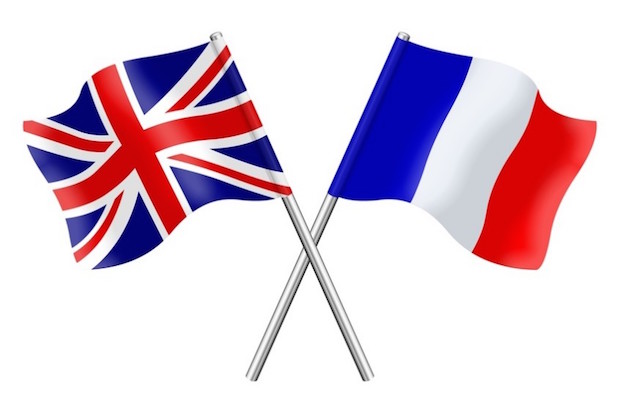A comparative overview of capital gains tax for non-residents in France and UK
Since reforms taken by the French government in 2012, France has been seen by international property investors as being not tax friendly in comparison with the UK.
In addition to a capital gains tax (CGT) of 19%, non-residents had to pay in addition social charges (15.5%) making the tax bill an overall 34.5% of the net gains. Until recently, non-UK residents did not have to pay CGT on the disposal of their UK property, making the UK a primal choice for international investors.
The above tax overview has since changed.
Fortunately for French property investors, the European Court of Justice has sanctioned the French tax regime entailing a cumulative application of social security legislation of two Member States. The court ruled on the 26th February 2015 that this tax accumulation is contrary to European law, and therefore prohibited between Member States (European Regulation no 1408/71 whose purpose is to ensure the freedom of workers within EU).
Following this court ruling, we are expecting soon the French government to remove the taxation of social charges on non-residents.

Since the 1st January 2015, France has also fixed its CGT rate at 19% for all property owners, whether they are residing in EU or outside EU. Until the 31st December 2014, property owners, residing outside EU, Lichtenstein, Island or Norway had to pay a special CGT rate of 33.33%. This tax reduction only applies for individual owners. The rate remains at 33.33% for companies.
In UK, since 6 April 2015, non-UK resident persons (including individuals, trustees, personal representatives and certain closely-held companies), are subject to CGT on disposals of UK residential property. Non-resident individuals are now subject to CGT at the same rates as UK-resident individuals.
The following CGT rates apply in UK on non-residents:
18% or 28% (depending on the level of incomes) for individuals on gains above the annual exempt amount (the annual exemption for 2015/16 is £11,100)
28% for trustees or for personal representatives of someone who has died who is non-resident
20% for companies
Unlike the UK, France offers tapered reliefs to individual depending on the length of time the property was owned. Individual are exempt from CGT after 22 years. Tapered reliefs start from the 6th year of ownership, as follows:
No allowance for the first 5 years of ownership.
Between 6 and 21 years of ownership: 6% allowance per year.
For the final 22nd year of ownership: 4% allowance.
In conclusion, after the recent EU court ruling sanctioning the taxation of social charges on non-residents and the extension of CGT to non-residents in UK, the French tax regime for non- residents has become more competitive within the overseas property market and therefore attractive for international investors.
The golden rule for property investments will always remain “location, location, location!” but non-residents willing to invest in property in UK or France should take legal and tax advice after taking consideration of their personal situation, the country of their residence (UK and France have indeed special rules to establish in which country an individual is a tax resident) and existing double taxation treaties.
Francophile legal Consulting can assist you with international property matters. For more information on this topic, please do not hesitate to contact Loic Raboteau, managing director by completing the form below.
The information that you give and that we obtain through you using this website may be used by this Company and by our partner companies only for purposes in connection with your use of this website and for marketing activities of this Company and partner companies. By using this site you confirm your consent to this. If you do not want to receive any marketing information from this Company and/or our partner companies then please notify us.
A little more about FRANCOphile Legal Consulting Ltd.
The company was created in response to the need of legal experts for international private clients and businesses. People are no longer confined within their own country boundaries to work, create a business or purchase assets. National, international laws and new technology have enabled people and businesses to move and expand internationally, creating a demand to resolve cross-border issues.
We are a London-based legal consultancy company dedicated to addressing our clients’ international needs. Whether you are a private individual moving or investing in a foreign country, an entrepreneur, or a business willing to expand internationally, FRANCOphile Legal Consulting Ltd will cater your specific requirements and will look after your interests in the short and long term.
Benefiting from an extensive network of international lawyers, solicitors, accountants and financial advisors based in London and in several jurisdictions, FRANCOphile Legal Consulting Ltd is able to handle your interests in different countries around the world.
Our approach and solutions are tailored to our clients’ needs. We believe that our clients are unique and warrant distinctive service.
Our international coverage includes France, London, Tunisia, Morocco, Egypt and Mauritius. If you would like to know more about us then fill out the contact form above and we will be right back to you.